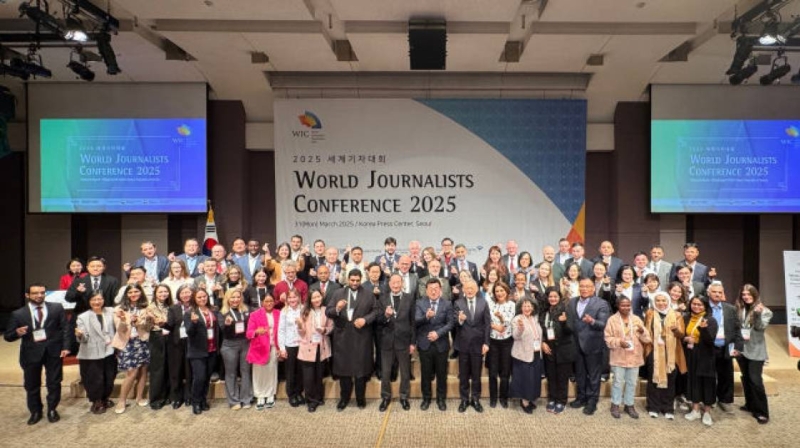TOPICS: New Bush policy toward North Korea
TOPICS: New Bush policy toward North Korea
Published: 12:00 am May 03, 2007
President Bush appears to have changed his approach to making foreign policy with respect to North Korea, the most extreme of the three states that were his original “axis of evil.” (The others were Iraq and Iran.)
In most instances, foreign policy-makers are confronted with a choice between shades of gray; rarely is it an easy choice between black and white. It was Bush’s failure to recognise this that got him and the US in so much trouble in Iraq and that is threatening to do so in Iran. The lives of most people involve a series of trade-offs. If you can’t have it all, what do you want most, and what are you willing to give up to get it? Since 9/11, Bush has insisted on having it all. He has made agreement with his position a precondition for beginning negotiations. Iraq had to agree to give up WMD that it did not have. Iran had to agree to stop nuclear research.
Just last week Secretary of State Condoleezza Rice said the US is open to discussing any topic with Iran; but she added the kicker: if Iran will agree to suspend the enrichment of uranium.
North Korea had to agree to dismantle its nuclear reactor.
This is a prescription for going it alone - a dangerous position in the 21st century - but gradually Bush has moved toward multilateral diplomacy, the first step toward seeking allies. He spurned the UN when he decided to invade Iraq. With respect to Iran, he worked through the UN, where he picked up important allies: Great Britain, Germany, France, even Russia and China. With respect to North Korea, he resisted bilateral diplomacy and cooperated with the four other countries who had their own national interests at stake: South Korea, Japan, China, and Russia.
There was a snag in the negotiations when North Korea not only resumed work on its nuclear reactor but also fired a missile and even tested a nuclear bomb. The US froze any international transactions with the Banco Delta Asia in Macau, China, which held $25 million in North Korean deposits. That bank was also the clearing house for a brisk trade in $100 bills counterfeited by North Korea. Not long ago, any of these North Korean actions would have been seen in the Bush White House as a casus belli, but now they’ve simply been added to the issues to be negotiated. This indicated that Bush had decided he would rather deprive North Korea of nuclear weapons than of US currency.
If a denuclearisation agreement comes into force, part of it probably will include the provision of oil by the US to North Korea to give North Koreans an alternative to nuclear power. This would be a trade-off by both countries. The plot was thickened by the presence of New Mexico Gov. Bill Richardson, a Democratic presidential candidate. Richardson went to North Korea last month as head of a mission to pick up the remains of some US servicemen who had been killed in the Korean War (1950-53). He said North Koreans had told him that as soon as they got their $25 million from Banco Delta Asia they would stop work on their reactor. — The Christian Science Monitor





